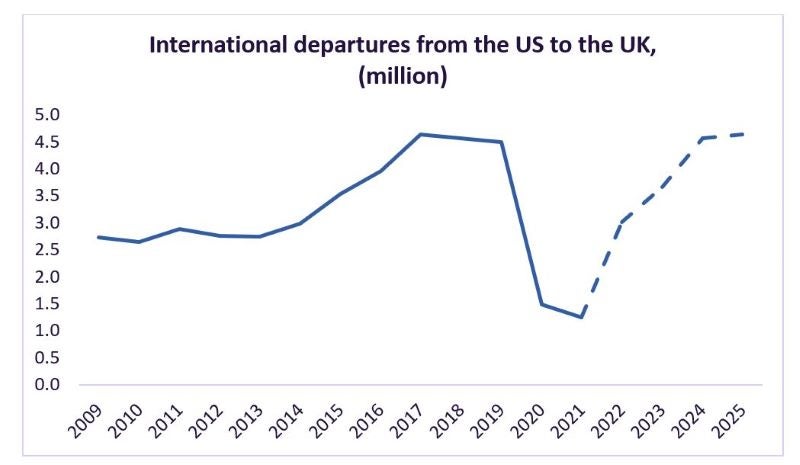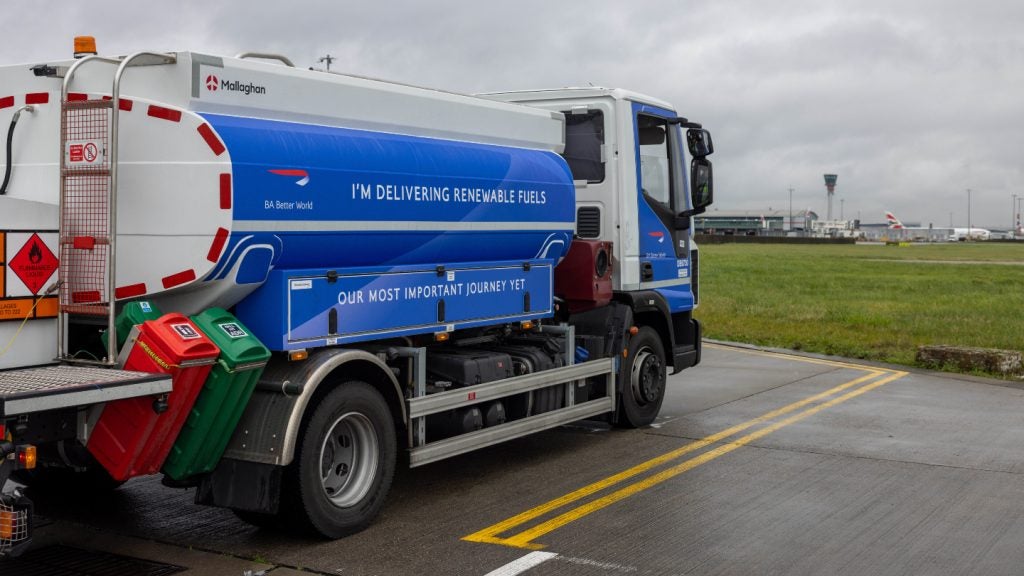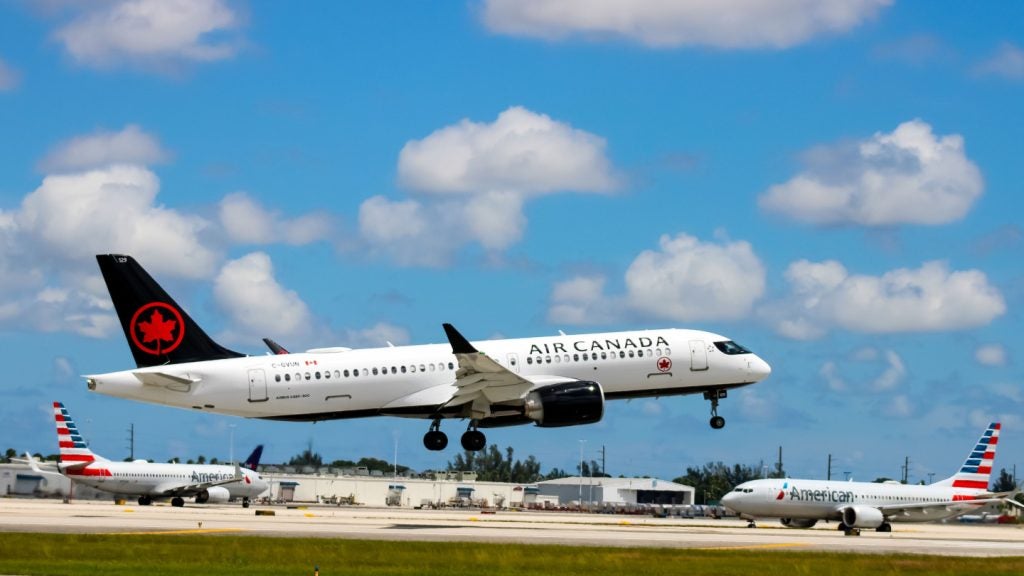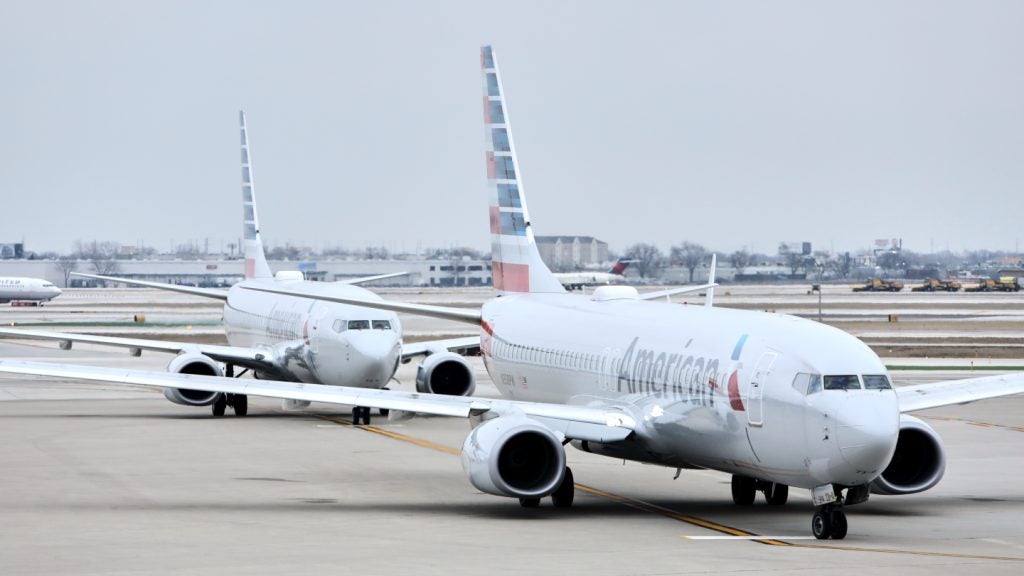
As the British pound plummets in value, American tourists and the UK as a tourist destination are set to benefit. Meanwhile, British travellers will be hit hard.
The pound plummeted against the dollar
The British government, under new Prime Minister Liz Truss, unveiled a raft of policies in a tax-cutting ‘mini-budget’ on Friday 23 September 2022. In response, the sterling plummeted. The colossal borrowing costs brought about by the budget sent the British pound tumbling against the dollar on Friday, with further falls over the weekend. It hit a record low of $1.0327 when markets opened on Monday morning, before stabilising at approximately $1.07.
This means that US tourists will need to put up fewer dollars in exchange for British pounds. According to xe.com, for instance, one dollar would buy GBP 0.95 as of the 26 September 2022. This is a notable increase when compared to GBP 0.85 one month ago, or GBP 0.73 this time one year ago. The pound’s slide works to the benefit of American tourists, as it increases their spending power in the UK. While people are eager to travel anywhere, the exchange rate will be enticing for American tourists and could drive a travel boom to Britain.
The UK is an attractive destination for US travellers
Thanks to the strength of the dollar, Britain has become even more attractive for US tourists. Even without the pull of history, culture, gastronomy, and nature, the rapidly devaluing pound, paired with a surging dollar, means that now is an affordable time for US travellers to head to the UK. According to GlobalData, travel from the US to the UK is expected to be 140.7% higher than last year, with international departures forecast to reach three million in 2022.
In addition, key among the British Chancellor’s policies was the decision to reintroduce a tax-free shopping scheme for international visitors. Now, British shopping destinations across the UK can compete on a level playing field with Paris, Milan, and Madrid as one of the world’s top shopping and leisure destinations. With their comprehensive selection of high-end retail, London, Manchester, and Edinburgh will be among the most popular places to get 20% (the current VAT rate in Britain) off luxury and other brands, in addition to new duty-free allowances introduced since Brexit. The weaker pound may help to replace the business lost due to a lack of Chinese visitors, who were a primary source market for retail tourism and luxury sales growth in the UK pre-pandemic.
See Also:
British tourists hit hard
As a tourist destination, the UK is set to benefit. However, this is undoubtedly anxiety-inducing for British households, which are already contending with rising energy bills and rampant inflation.
How well do you really know your competitors?
Access the most comprehensive Company Profiles on the market, powered by GlobalData. Save hours of research. Gain competitive edge.

Thank you!
Your download email will arrive shortly
Not ready to buy yet? Download a free sample
We are confident about the unique quality of our Company Profiles. However, we want you to make the most beneficial decision for your business, so we offer a free sample that you can download by submitting the below form
By GlobalDataAccording to a GlobalData Consumer Survey, 93% of UK respondents reported being ‘extremely’ or ‘quite’ concerned about the impact of inflation on their household budget*. They may soon also have to confront higher costs for imported goods and services, including fuel, vehicles, and food.
For travel and tourism, there are several possibilities here: British holidaymakers may opt to not travel, may travel domestically rather than internationally, travel to a destination which they perceive to be more affordable than the US, or trade down e.g., stay at a budget hotel rather than midscale. Ultimately, British tourists are losing out while their American counterparts are set to benefit.
*GlobalData’s Q3 2022 Consumer Survey – 13,208 respondents








